SIFFORUM|The Mainstream Works Are Actively Embracing the Market, and the Spotlight Is Casted on the Little Man in The Grand Era
In recent years, many mainstream films represented by My People, My Motherland, and Sacrifice, etc., have won both praise and box office with in-depth themed expression, superb artistic presentation, and sophisticated technical production. At the SIFFORUM of the 24th Shanghai International Film Festival "Marketing Strategy of Mainstream Cinema" held this morning, producer Liang Jing, director Li Jun, director Yin Li, screenwriter Zhao Ningyu, director Zheng Dasheng, etc. all coincided with each other and said: The mainstream movies are actually popular movies. The reason why these mainstream movies are becoming more and more popular with young audiences is precisely because their expressions are loved by the audience.
Mainstream movies are popular movies
From The Creation of a World in the 1990s to Zhang Side more than ten years ago, Zhao Ningyu, a professor at the Beijing Film Academy and screenwriter of Sacrifice, believes that China's mainstream movies have roughly gone through three stages of development. "A number of outstanding masterpieces emerged in the early 1990s. In 2002 and 2003, the film industry was reformed and the mainstream films were upgraded, such as Zhang Side, The Knot and Iron Man. In terms of narrative, audiovisual aesthetics, character positioning, and empathy with the audience, they have impressed us, a generation of creators, deeply. At the current stage, a group of outstanding young and middle-aged filmmakers have devoted themselves to the creation of new mainstream films, and they have achieved remarkable results in all aspects. We are also advancing in exploring."
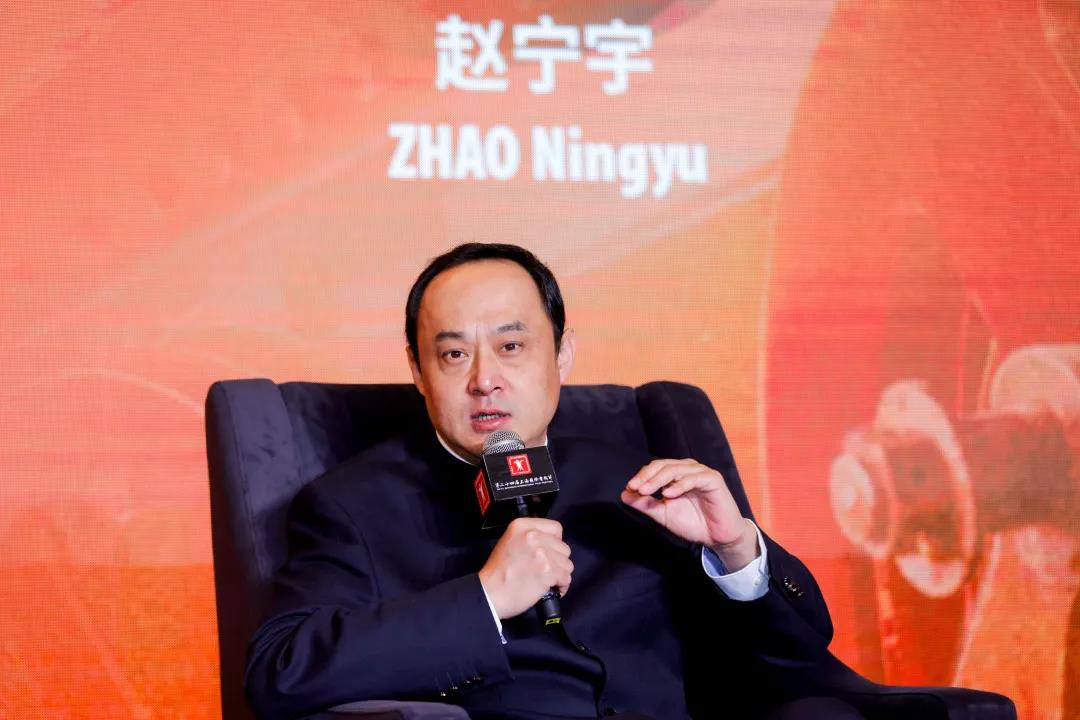
When it comes to Chinese mainstream movies, there is a leading figure worth mentioning, that is the famous director Yin Li, and Zhang Side, The Knot and Iron Man mentioned by Zhao Ningyu are Yin Li's masterpieces. "We are more willing to call them mainstream commercial blockbusters. They have gained praise as well as commercial success, and more young audiences have become fans." In Yin Li's view, these excellent mainstream films have deep thoughts, exquisite art, and sophisticated production, by taking into account the artistic attributes, industrial attributes, technological attributes, and commercial attributes.
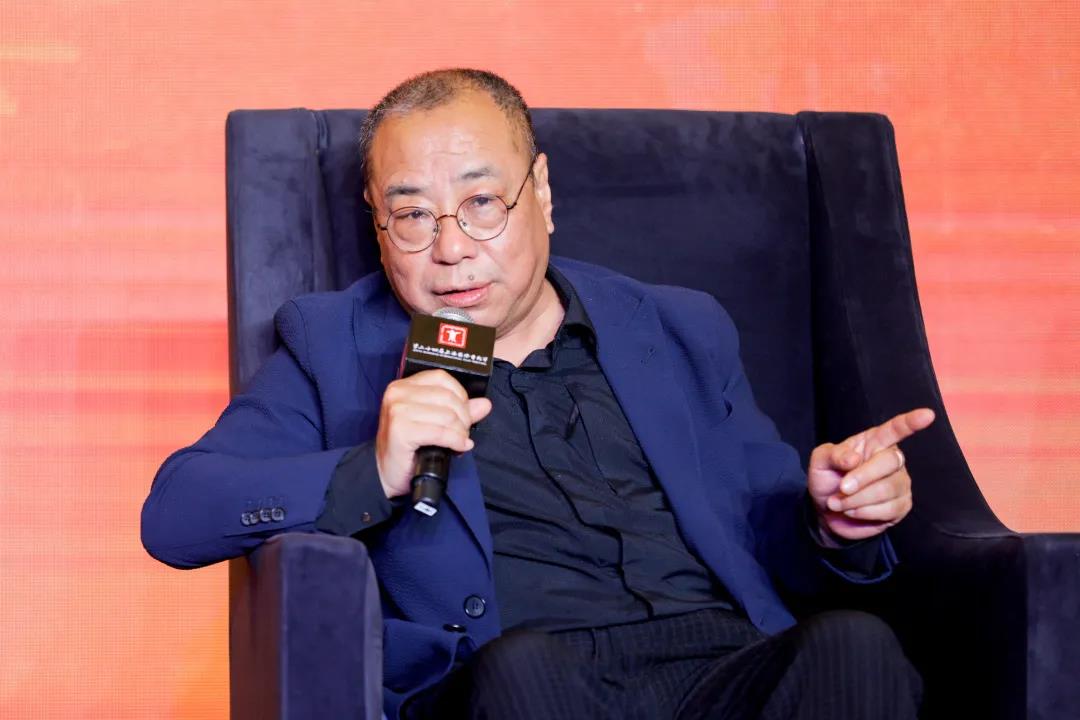
Born into a family of performing arts, from actor to producer, distributor, and chairman, Liang Jing has successively produced My People, My Country, Sacrifice and the upcoming The Pioneer and other mainstream films. Liang Jing believes that mainstream films are actually popular films, because its values represent a positive energy, "In fact, there are such movies in many countries, and they are relatively successful in business. There is still a lot of room for us to explore."
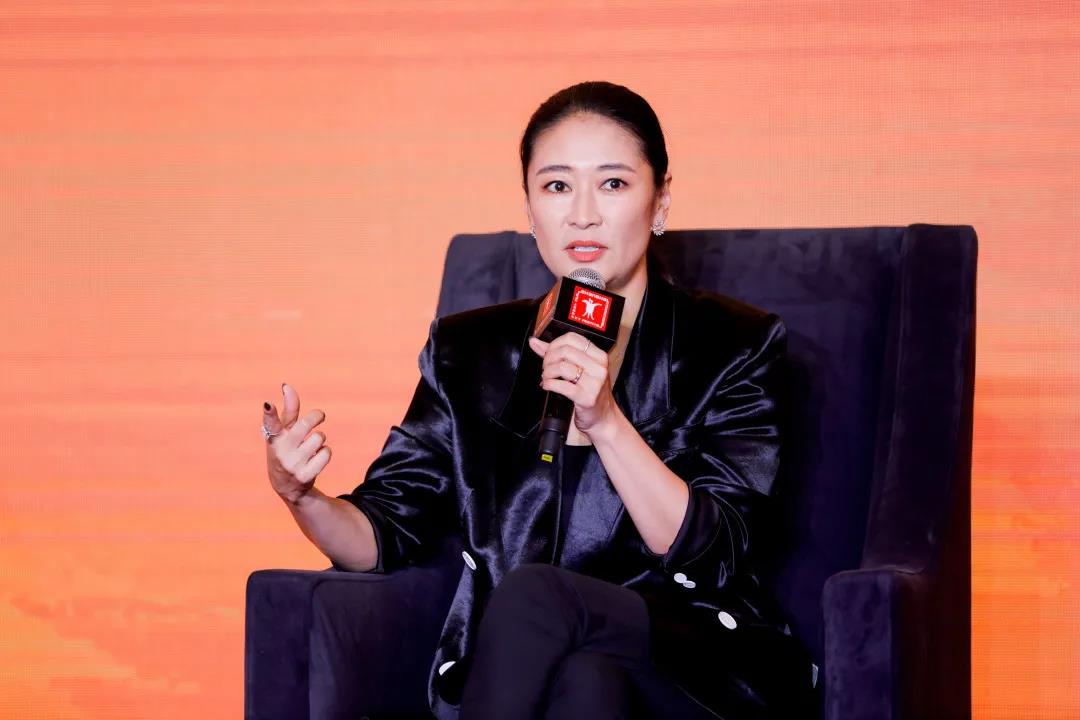
The disaster film Infinite Depth directed by Li Jun will be released within this year. He also believes that mainstream films are films that conform to mainstream values. "We are shooting a civilian hero this time, telling the story of ordinary people who shows kind of incredibly power and courage under special circumstances."

As the co-director of 1921, Zheng Dasheng also mentioned what director Huang Jianxin said to him during the filming of 1921: "It is more accurate to call them popular films instead of mainstream films." "All of our film workers and creators have a consensus, that is, based on the film law itself, we are more willing to understand them as popular films."
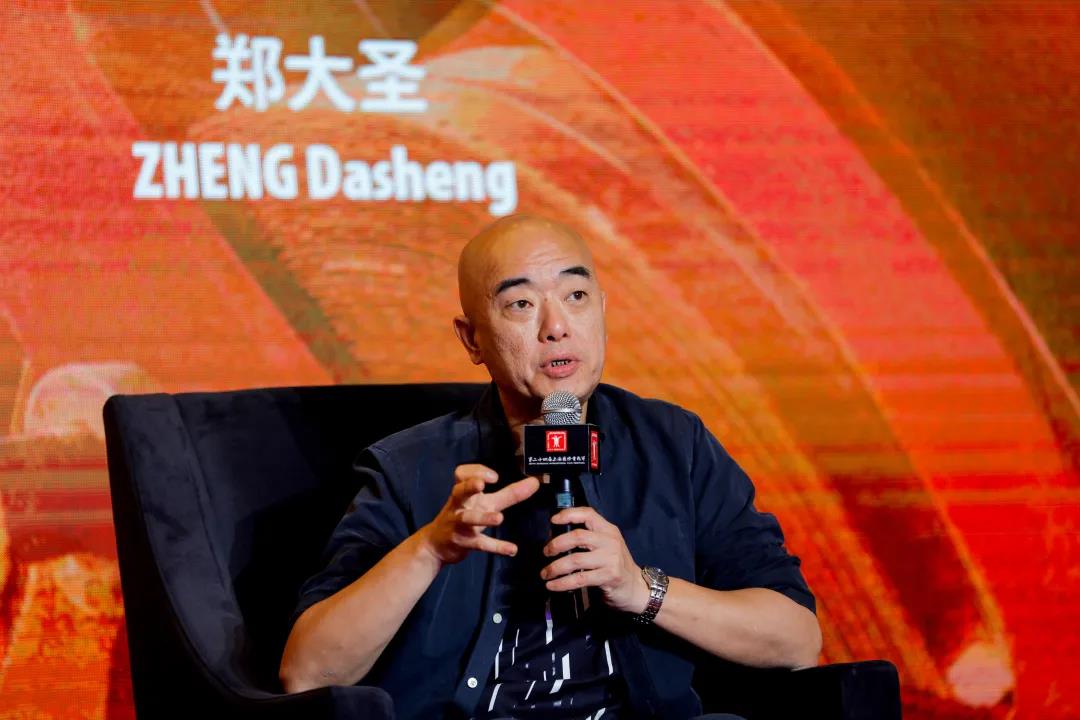
Touching the audience is more important
With the continuous improvement of China's film industrialization, the film industry system has gradually matured. The homegrown mainstream works has not only won recognition from the audience in terms of content, but also improved production technology continuously.
Director Li Jun’s Infinite Depth has more than 1,600 special effects shots, but he still insists that "the audience is willing to enter the theater because of the common emotional experience." "I think all the technological innovations that are being carried out in the cinema today, whether it’s IMAX or CINITY, are all about enhancing everyone’s experience for the audience to feel the sense of unity in the theater."
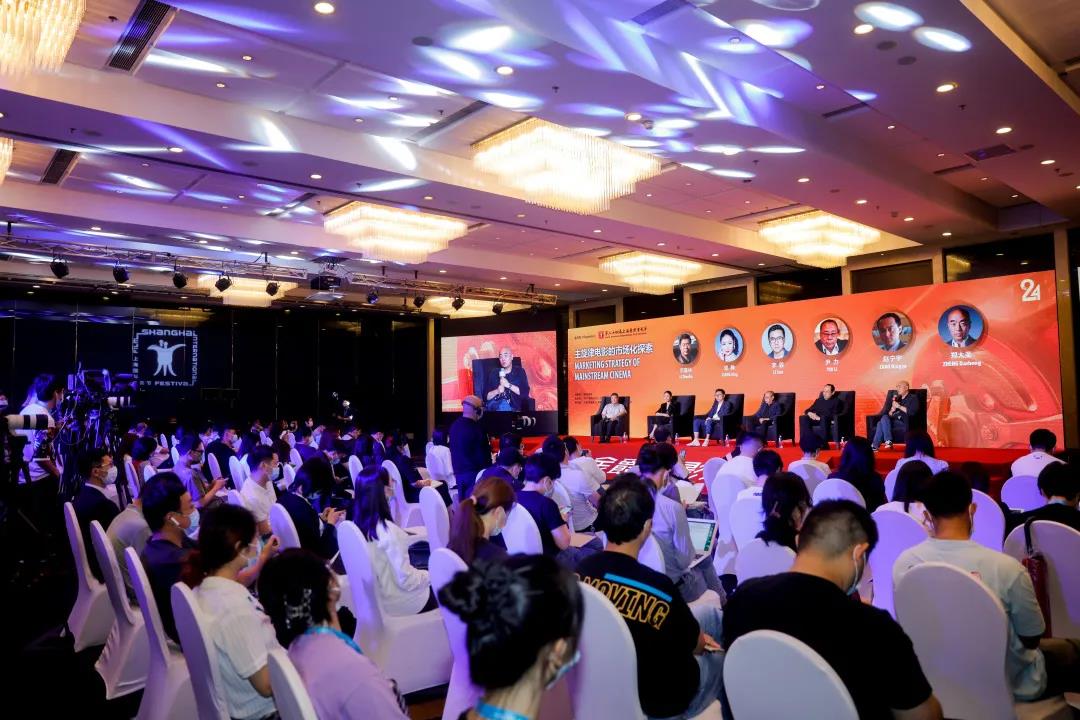
Director Yin Li affirmed the word "empathy" mentioned by Liang Jing and Li Jun greatly. He sincerely hopes that the creators can return to their "original aspiration" when they have mastered high technology. "No matter how the technology advances, what remains the same is that the artist can stir up the emotions of the most ordinary people through films, so as to achieve the artistic effect of empathy and interaction with the audience." It is precisely because of this, "films will always attract us, let us be touched by ourselves, and at the same time, we can touch more ordinary people and audiences with our creations," Yin Li said emotionally.
Director Zheng Dasheng has personally experienced the technological innovation from the film age to the digital age. However, when filming 1921, director Huang Jianxin told him time and again: "Dasheng, don't be tempted by the latest and most dazzling technology to design scenes or shots." Whenever he sees the lively faces of performers in front of the monitor, Huang Jianxin will often say: "Look, this is something that any high-tech can't achieve. This is the real high technology." Zheng Dasheng heartily said, “When high-tech fails, the shaping of characters and the conveying of the inner world of the characters can bring out such sparks from deep in the heart.”
The little makes the great
The film 1921 revisits the historical scene a hundred years ago, reproducing the ancestors whose average age is less than 28 years old in a panoramic view; My People, My Country reflects the changes of the entire era with the stories of small characters; Sacrifice shows the power of little men under the gunfire... Taking into consideration of the narrative methods of the mainstream films in recent years, more and more films have organically combined the background of the big era with the experience of the ordinary people.
"Back to the historical scene, they are ordinary people. Only by restoring the characters can we be able to understand their thoughts more accurately." Zheng Dasheng said, "including the fierce defenses and theoretical confrontation between them, all should faithfully depict them. They were far from mature at the time, far from being great people, and they are ordinary young people." "For example, in the police log in Shanghai Archives and Tokyo Metropolitan Police Department Archives, we found the information that the Communist International representatives were tracked, and the Metropolitan Police Department may have known in advance the time and place of the first National Congress in addition to other precious materials." Zhao Ningyu also thinks that it is necessary to dig out the stories of ordinary people. Except the great names, the soldiers, students, workers, peasants, etc. of China actually have great filming value and may be a breakthrough in the future."

Yin Li used Zhang Side and Iron Man as examples to emphasize the importance of little people. "To write a biography for Zhang Side is to write a biography for the most ordinary people. Such people form the foundation of our cause. There are thousands of unknown people. The little unknown warriors who are slow of speech and quick of action constitute the foundation of the revolutionary cause." Yin Li said that most people are the same, but some unique qualities will make some people special. "Even in the most difficult times, for people like Wang Jinxi, wife and children are the most cherished in their hearts. It is precisely such person who makes the backbone of China as described by Mr. Lu Xun."
Li Jun’s Infinite Depth also focused the lens on the little men, "Audiences in every period are willing to watch heroes, and heroism is immortal. Although they are ordinary people in the movie, they are powerful when disaster strikes, showing the energy, the ability to rescue, and the spirit of dedication." Liang Jing once participated in the production of My People, My Country, which is also about ordinary people rather than the great ones. "We should let everyone feel that this era is driven by ordinary people. Yes, any great figure grows up from a little man." The Pioneer tells Li Dazhao's journey to pursue the correct revolutionary path. Executive producer Guan Hu, with director Xu Zhanxiong, and the screenwriter team, restored the image of Li Dazhao in their hearts through the eight angles of different classes, different positions, and different social roles." In this way, the image of Li Dazhao takes shape gradually before people, letting everyone know how he confirmed his conviction, and drove the young with same conviction and passionate to accomplish such a great deed. Why is everyone paying attention to the power of the little men now? Because this era is established by every little one." Liang Jing said.







